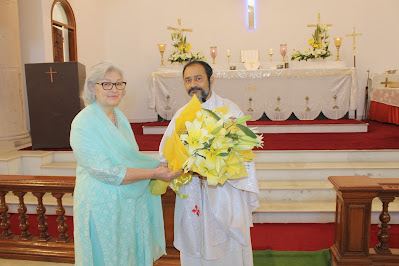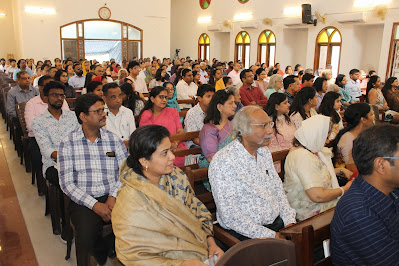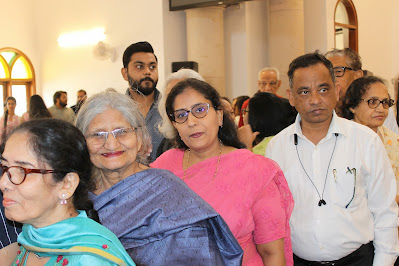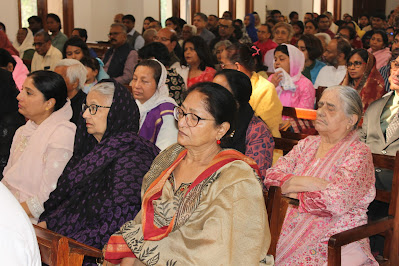From that day onwards it was celebration time for all the tigers inhabiting Pratibandapuram. The state banned tiger hunting by anyone except the Maharaja. A proclamation was issued to the effect that if anyone dared to fling so much as a stone at a tiger, all his wealth and property would be confiscated.The Maharaja vowed he would attend to all other matters only after killing the hundred tigers. Initially, the king seemed well set to realise his ambition.
1. According to the extract, the tigers were celebrating because:
a) The state had decided to relocate the tigers to a safer place.
b) The state had decided to warn people not to hurt tigers.
c) The state would punish anyone who attempted to hurt the tigers.
d) Both a) and b) are correct.
e) both b) and c) are correct.
2. With reference to the statement, ‘It was celebration time for all the tigers’ which of the below
statements is correct?
a) The statement is ironical because the tigers did not realise that their celebration was
unfounded.
b) The statement is an example of dramatic irony because the tigers did not realise that they
would soon be killed.
c) The statement is an example of situational irony because the celebration will lead to their
death.
d) Both a) and b) are correct.
e) Both c) and a) are correct.
3. Which of the following is the correct interpretation of the Tiger King’s character based on the
statement, ‘…He would attend to all other matters only after killing hundred tigers’.
a) He was courageous
b) He was determined
c) He was selfish
d) He was kind
4. State whether the following statement is TRUE or FALSE.
The Tiger King’s ambition is to save the people from the tigers.
_______________
At another time he was in danger of losing his throne. A high-ranking British officer visited Pratibandapuram. He was very fond of hunting tigers. And fonder of being photographed with the tigers he had shot. As usual, he wished to hunt tigers in Pratibandapuram. But the Maharaja was firm in his resolve. He refused permission.
1. State which of the following options describes the correct reason for the Statement that ‘He
refused permission.’
a) The Maharaja wanted to protect the tigers from rampant poaching.
b) The Maharaja wanted to uphold the laws of the land.
c) The Maharaja wanted to show how just he was.
d) The Maharaja wanted no competition; he wanted to kill tigers himself.
2. Complete the following sentence with reference to the extract.
The Maharaja was in danger of losing his throne at one time because__________________
3. Explain one inference that can be drawn from the line, ‘He was very fond of hunting tigers.’
a) The British officer was looking for an excuse to invade Pratibandapuram.
b) The British officer wanted to kill a tiger and be photographed with it as was the custom in those
days.
c) The British officer was as fond of publicity as the Tiger King was.
d) The British officer was a true conservationist who wanted to photograph tigers.
4. The best possible meaning of the phrase, ‘firm in his resolve’ suggests that _______
a) He was a stubborn person.
b) He was a realistic person.
c) He was a rational person.
d) He was a just person.
But soon came the happy news which dispelled that gloom. In his own state sheep began to disappear frequently from a hillside village. It was first ascertained that this was not the work of Khader Mian Saheb or Virasami Naicker, both famed for their ability to swallow sheep whole. Surely a tiger was at work. The Maharaja announced a three-year tax exemption for that village and set out on the hunt at once.
1. State whether the following sentence is TRUE or False
The Maharaja was in a state of gloom because he was afraid of being killed by a tiger.
2. The happy news dealt with:
a) the news that sheep were disappearing overnight, probably because they were being smuggled
out.
b) the news that Virasami and Khader Mian were swallowing the sheep whole.
c) the news that there was a possibility of a tiger being responsible for the disappearance of the
sheep.
d) the possibility that the villagers were behind the disappearance of the tigers and the sheep!
3. Fill in the blank.
Both Khader Mian Saheb and Virasami Naicker were__________________________by profession.
4. The announcement of a three-year’s tax exemption appears to be
a) an impulsive decision
b) a premature decision
c) a hasty decision
d) All three, a), b), and c) are correct.
e) only a) and c) are correct.





















































